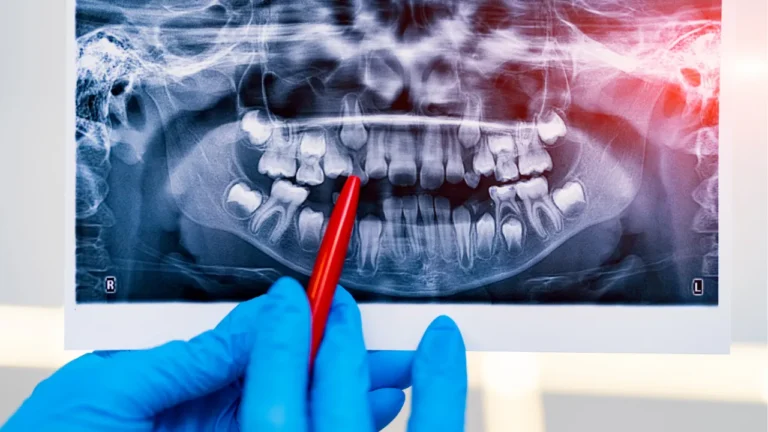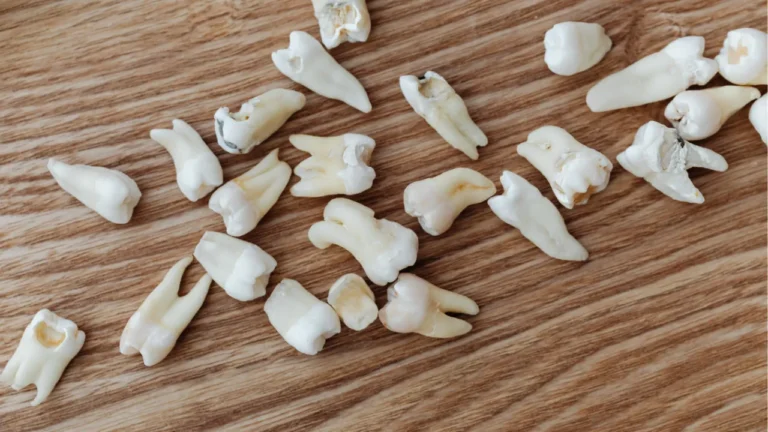Let’s talk about something super important: baby teeth.
You might think those tiny pearly whites are just temporary placeholders, but they play a crucial role in your child’s overall health and development.
Unfortunately, there are many myths out there about baby teeth that could lead you astray.
But fear not! We’re here to debunk those myths and set the record straight, so you can make informed decisions about your child’s oral health.
Key Facts
- Baby teeth are crucial for a child’s overall health and development, contrary to common misconceptions.
- Oral hygiene habits should begin early to ensure the health of baby teeth.
- Cavities in baby teeth should not be ignored, as they can lead to significant problems later on.
- Debunking these myths is essential for promoting good oral health and preventing future issues.
- Start prioritizing your child’s oral health early to set them up for a lifetime of healthy smiles.
Myth 1: Baby Teeth Are Not Important
Fact: Baby teeth are more than just temporary placeholders for permanent teeth. They play a critical role in your child’s development and overall well-being.
Why Baby Teeth Matter
- Speech Development: Baby teeth help your child learn to form words and speak clearly.
- Chewing and Nutrition: Healthy baby teeth allow your child to chew food properly, which is vital for good nutrition.
- Guiding Permanent Teeth: Baby teeth act as guides for the proper alignment and spacing of permanent teeth. Losing baby teeth prematurely can lead to misalignment of adult teeth.
It’s essential to care for baby teeth just as you would for permanent teeth. Their health sets the foundation for a healthy smile in adulthood.
Myth 2: Baby Teeth Don’t Need Dental Care
Fact: Baby teeth need just as much attention and care as adult teeth. Some parents think that since baby teeth will eventually fall out, they don’t require much attention. This misconception can lead to oral health problems.
When to Start Dental Care
Oral hygiene habits should start as soon as the first tooth appears, usually around six months of age. Establishing good habits early helps protect baby teeth from decay and promotes healthy gums.
Tips for Caring for Baby Teeth
- Start Brushing Early: Use a soft-bristled toothbrush and a smear of fluoride toothpaste to gently clean your baby’s teeth twice a day.
- Introduce Flossing: Begin flossing once your child’s teeth start touching to remove plaque and food particles.
- Schedule Regular Dental Check-Ups: The American Dental Association (ADA) recommends visiting a dentist by your child’s first birthday or within six months of the first tooth appearing.
Regular dental check-ups help monitor the health of baby teeth and catch any issues before they become serious problems.
Myth 3: Cavities in Baby Teeth Don’t Matter
Fact: Cavities in baby teeth can lead to serious consequences if left untreated. Many people brush off cavities in baby teeth as no big deal since the teeth will fall out eventually. However, this couldn’t be further from the truth.
Why Cavities in Baby Teeth Are a Concern
- Pain and Discomfort: Cavities can cause pain and discomfort, making it difficult for your child to eat, speak, and play comfortably.
- Infections: Untreated cavities can lead to infections that may spread to other parts of the mouth or even affect overall health.
- Impact on Permanent Teeth: Decay in baby teeth can affect the health of the underlying permanent teeth, leading to issues like weak enamel or misalignment.
Ignoring cavities in baby teeth can result in more complicated dental procedures and long-term oral health problems. Treating cavities early is crucial for maintaining your child’s oral health and comfort.
Conclusion
So there you have it, folks! Baby teeth are a big deal, and it’s important to separate fact from fiction when it comes to their care.
By debunking these common myths and taking proactive steps to prioritize your child’s oral health, you can set them up for a lifetime of healthy smiles.
Remember, it’s never too early to start practicing good oral hygiene habits, so don’t wait until it’s too late. Your child’s smile will thank you!







